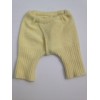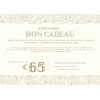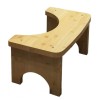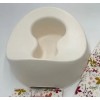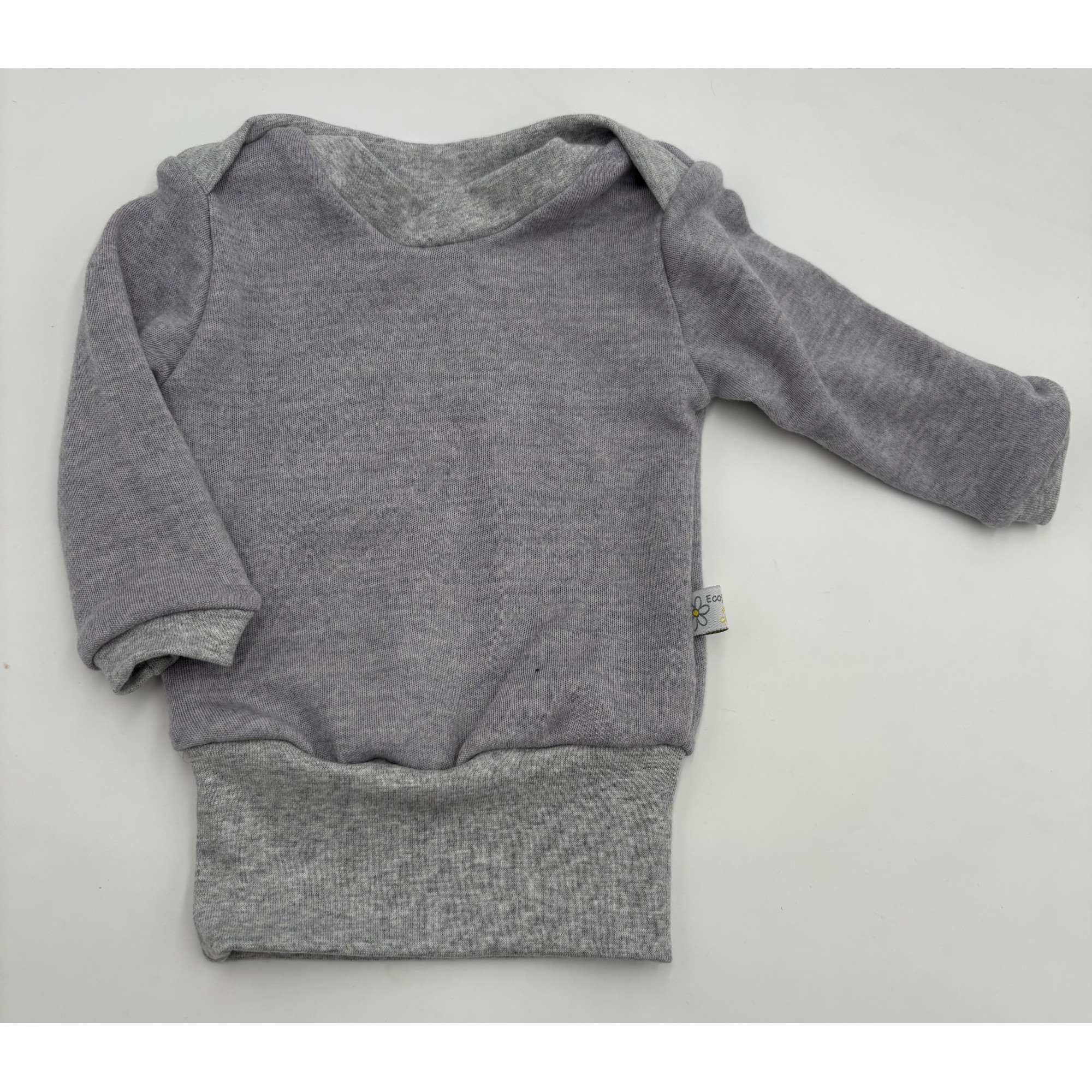
Tee or Sweat -shirt Merino wool Ecopitchoun gray edge gray
Tee-shirt that can also be a sweatshirt Ecopitchoun made in artisanal France.
Long sleeves.
100% merino wool mulesing-free, and collar and bottom in 95% organic cotton and 5% elastane, not Superwash.
Very fine and ultra soft wool that does not scratch.
Ideal for HNI and washable layers, to replace the body.
Like t-shirts but thicker, specially designed for the' Elimination Communication, tighten to the waist and thus keep the baby belly warm while maintaining the fabric higher than the potential anchorage area.
Facilitates the change of the washable or disposable layer as there is no need to undo the pressures of a body to the crotch. For washable layers, these t-shirts avoid pressing the washable layers, which avoid many leaks.
100% merino wool mulesing-free (commodated in Finland), collar and bottom in 95% organic cotton and 5% elasthan.
Clothing designed and crafted in France by Ecopitchoun.
These t-shirts or sweatshirts are also worn with washable or disposable layers. It is a very interesting alternative to the body that tends to tighten (and thus esorated) the washable layers, or to hinder the speed necessary for the NHI to propose to baby to eliminate. Baby changing time will also be greatly shortened!
Wash at 30°C, no dryer.
No bleach. Minimum drying.
This wool is mulesing free.
Merino wool is made of long and curly fibre, and it retains its softness especially when filtering. This is why merino wool fabrics are also suitable for atopic and sensitive skins, including babies. Merino wool has excellent properties such as breathability and moisture retention and it naturally repels dirt. The wool absorbs 30% to 40% of the moisture of its weight without however giving the impression of being wet. Merino wool contains natural fat of wool, that is lanoline. No Superwash treatment.
Fabric thickness: 250g/m2.
There are finer tissues on site for a warm season (210g/m2), interseasonal fabrics (260g/m2), and thicker tissues for a colder season (300g/m2).
10 other products in the same category:
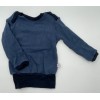
Sweat-shirt Ecopitchoun blue mesh
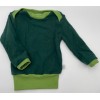
Sweat-shirt Ecopitchoun green...
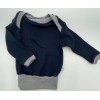
Sweat-shirt Ecopitchoun marine
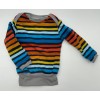
Sweat-shirt COTON BIO...
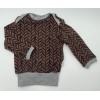
Sweat-shirt COTON BIO...
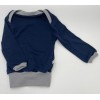
Tee or Sweat -shirt LAINE...
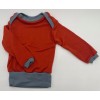
Tee or Sweat -shirt LAINE...
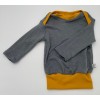
Tee or Sweat -shirt LAINE...
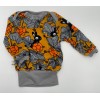
Sweat-shirt COTON BIO...
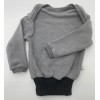
Sweat-shirt Ecopitchoun gray bead
Customers who bought this product also bought:
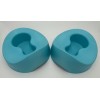
Potty anatomical Ecopitchoun...
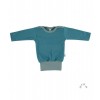
Long vintage blue HNI T-shirt
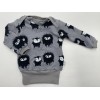
T-shirt HNI Ecopitchoun aku...
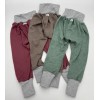
Crossed Chinese pant Ecopitchoun...
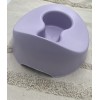
Potty anatomical Ecopitchoun purple
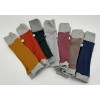
Merino wool leg Ecopitchoun
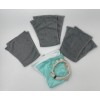
Insert MiniHNI pocket
